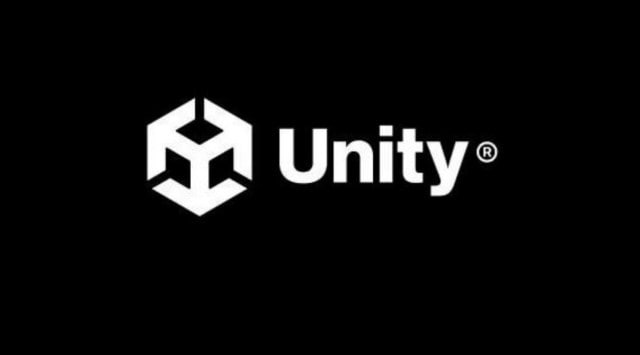Unity changes its controversial Runtime Fee policy, apologizes to developers
Unity seems to have taken a U-turn on its controversial Runtime Fee policy, which charged developers up to $0.20 every time someone installed their game.
 Unity powers thousands of video games worldwide.(Image Source: Unity)
Unity powers thousands of video games worldwide.(Image Source: Unity) Unity, the popular cross-platform game engine powering thousands of video games, was recently embroiled in a controversy after it announced a new ‘Runtime Fee’ policy. Now, the company seems to have taken a U-turn and has reversed its new pricing charges after receiving a huge backlash from the gaming community.
In a blog post, Marc Whitten, the head of Unity Create which includes the Unity engine and editor teams, says he is sorry and that the company should have taken into consideration user feedback before announcing the new Runtime Fee policy.
The company says developers on the Unity Personal plan will be exempted from the Run time fee and the revenue ceiling above which users have to upgrade to the next tier has been increased from $100,000 to $200,000. Game developers will also be able to remove the ‘Made with Unity’ splash screen.
If a game generates a revenue of less than $1 million in 12 months, it will not be subjected to the Runtime Fee. As for Unity Pro and Unity Enterprise customers, the new policy will come into effect with the next LTS version of Unity engine, which will be introduced sometime next year.
Unity said games and projects made using the current version of the game engine will not have to pay the Runtime Fee unless they upgrade to a newer version. Also, games that are subjected to the Runtime Fee will be able to choose between 2 options – either pay 2.5 per cent of the revenue share or a calculated amount based on the number of new people engaging with the game. Unity says both numbers are self-reported and developers will always be billed the lesser amount.
The recent move comes just a week after game developers including the makers of Among Us, Rust 2, Cult of the Lamb and others against the new pricing model, saying it will affect their profit margins.







